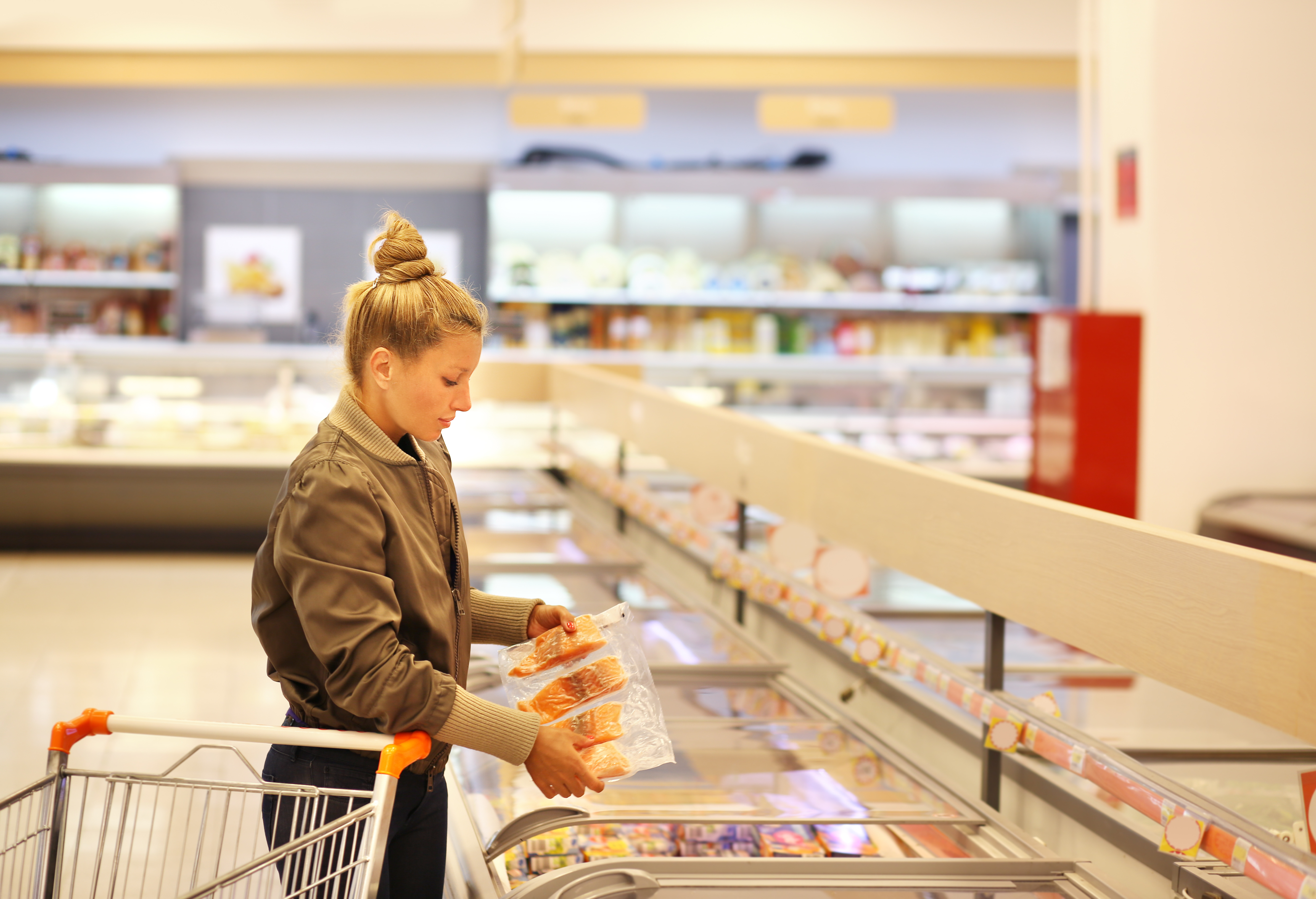



Germans switch to better quality meat and substitutes after slaughterhouse scandal
Germans are opting for higher-priced and better quality meat products amid concern over poor working conditions in the meat industry and repeated COVID-19 outbreaks at abattoirs.Reuters reports that the switch to better quality meat has been accompanied by changes to vegetarian and vegan substitutes.
Germany, Europe's biggest pork producer and home to 1,500 varieties of sausage, has seen meat consumption decline for years as people buy less of it driven by health reasons and concerns for animal welfare.
The coronavirus pandemic may have added a further reason to the list, after outbreaks at slaughterhouses and meat packing plants drew the public's attention to the industry's use of subcontracted workers from eastern Europe who live in cramped accommodation.

"We see a trend away from very cheap meat and towards higher quality and substitute products," said Robert Kecskes, an analyst from the market research company GfK.
"It is not only about animal welfare, it is about human welfare, and that will become entrenched in people's minds. In this respect, the meat industry will definitely have a hard time in the near future."
Some 600,000 people around Guetersloh, in the western state of North Rhine-Westphalia, were forced back into lockdown on 23 June after more than 1,500 workers at the Toennies slaughterhouse and meat packing plant tested positive for COVID-19.
The plant has provisionally been ordered to close until 17 July. Health and safety officials continue to inspect it and are negotiating with the company over a proposed new hygiene plan.
On Sunday, Toennies came under fire from politicians for requesting government support to cover quarantined workers' pay.
German Agriculture Minister Kloeckner announced after the outbreak plans for a raft of measures to address what she calls the "serious consequences" of downward meat price pressures on animal welfare, working conditions and farmers' incomes, even at the risk of driving business abroad.
Sales of processed meat have steadily fallen in Germany in the last five years, according to market data firm Euromonitor, while sales of meat substitutes have risen 12 percent over the same period to $234 million in 2019.








